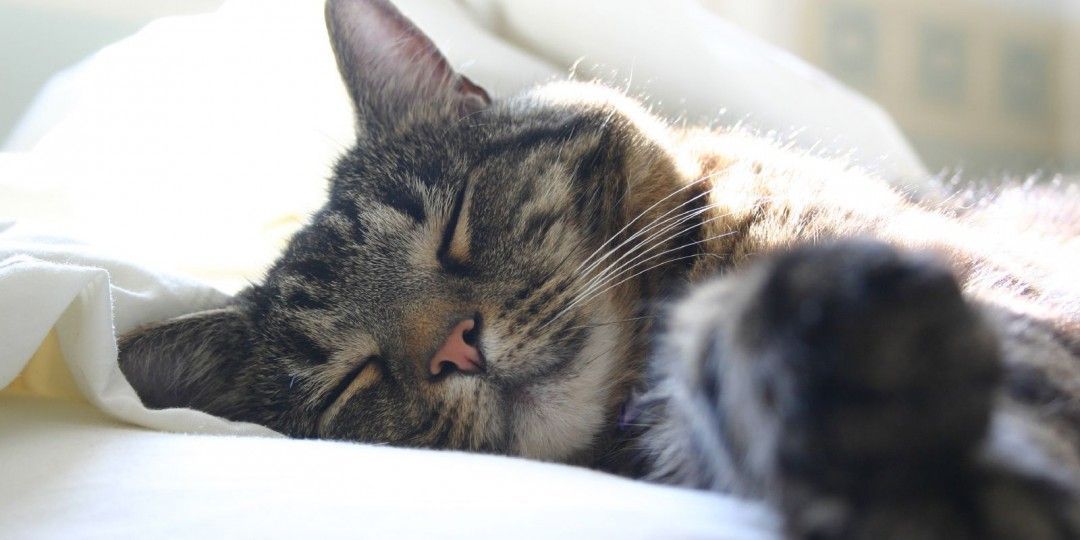Tips for Dealing with Stress and Anxiety
Methods for effectively managing your reaction to stressful situations.
Slow Controlled Breathing
It has the potential to calm the neurological system. Breathe in, counting to 4; hold it for 1, breathe out counting to 8. This is an approach which has a neurological foundation. The parasympathetic nervous system, which comprises nerve fibres in the vagus nerve, opposes and reduces the emergency reactions of fight, flight, or freeze regulated by the sympathetic nervous system and communicated by norepinephrine and epinephrine during a slowed-down expiration. This soothing technique has been taught to first responders and people who are in stressful situations.
Meditation
It goes without saying that meditation is extremely popular. In some styles of yoga, combining it with calm, controlled breathing might be even more beneficial. Researchers have documented physical and emotional benefits such as reduced anxiety, muscle tension, and blood pressure.
Schedule Worry Time
One suggestion is to keep a journal and write down worries as they come, rather than obsessing over them. Then, arrange a time to think about them, say from 6:00 to 6:30 p.m., and plan ways to deal with them as much as possible, particularly when it comes to acting on things you can manage.
Positive Self-talk
People may overthink worst-case situations, even disasters that are unlikely to occur. Analyzing them rationally and convincing yourself of a more productive approach might be beneficial. This rethinking or re-framing might be part of a cognitive-behavioural treatment approach. Even after temporary failures, sports provide evidence of mental resilience: it has been noted that even an elite soccer player can miss their shot most of the time.
Physical activity
People who exercise or go for brisk walks 2-5 times per week often report feeling as calm as after taking anti-anxiety medication. Another option, particularly for people with less patience, is high-intensity interval training, which involves short bursts of work followed by rest intervals.
Flow-promoting activity
Controlling a flying simulator, planting garden bulbs, creating a portrait, or photographing birds are all possibilities. Outside of work-related, home-management, or everyday duties, these hobbies require concentration and physical engagement, as well as accomplishing things step by step.
Participation in social activities
Doing things with friends or family or talking can be effective stress relievers. That is one of the reasons why small communities can be resilient. This can be especially true when there is an opportunity to volunteer to aid others.
But hold on! There are others. We can add two more techniques to dealing with stress and anxiety:
Medication, if required
It is normally recommended by a qualified health care practitioner, such as an M.D., psychiatrist or primary care physician.
Censor Your Media Intake
You have the right to limit what you need to know and when you need to know it, whether it's news, social media, or emails. Some people recommend avoiding it first thing in the morning.
Some anxiety is normal, numerous forms of anxiety disorders can be identified, and anxiety is only one of the possible responses to stress. We hope the concepts presented here serve as a good starting point.







